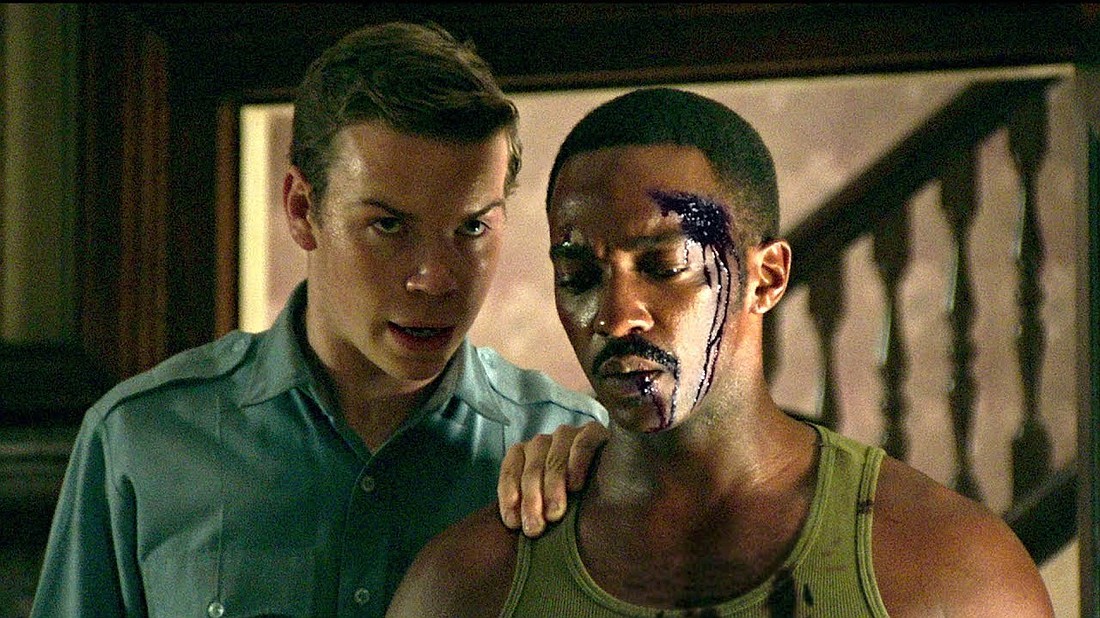- May 30, 2025
-
-
Loading

Loading

Director Kathryn Bigelow's new film, "Detroit," boasts quite a bill: "Based on the true story of one of the most terrifying secrets in American history."
It's shocking, disturbing and searing beyond belief. And it will make you angry as hell.
At 3:30 a.m. July 23, 1967, Detroit policemen raided a "blind pig" (an illegal after-hours club with no liquor license). The all-black party-goers were celebrating a soldier's return from Vietnam. All 85 attendees were arrested and thrown into police vans. In a city that was already a tinderbox on the precipice of being ignited, this action sparked five days of devastating riots.
On day three, a report of gunfire from the Algiers Motel sends law enforcement officers and National Guardsmen to the scene. Immediately upon entering the building, officer Krauss (a very frightening Will Poulter) shoots an unarmed black man and plants a knife at his side. What follows is a gut-wrenching ordeal at the hands of policemen that ends in three black teenage boys being murdered and nine others brutally beaten.
Bigelow and her longtime collaborator, screenwriter Mark Boal ("The Hurt Locker," "Zero Dark Thirty") rely on eye witnesses to the tragic event to tell the story of what exactly occurred that horrible night. What is historical record has, over the years, been disputed. There was never a confession on the part of the perpetrators for their heinous crimes.
In attendance at the motel was singer Larry Reed (demurely played by Algee Smith) and his friend Fred Temple (Jacob Latimore), who suffer unspeakable torture. Even two white teenage girls (Hannah Murray and Kaitlyn Dever) are not spared the wrath of the racist cops run amok. A black nightwatchman (John Boyega) cannot dissuade the officers to stop the violence and watches in horror.
Bigelow has a knack for capturing unsettling images via the darkness she creates during combat. Her handheld camera emphatically emphasizes the turmoil and chaos playing out on the burning streets of Detroit, and it's profoundly painful to watch. She also employs archival film footage and photos to further impact the message she's putting forth. Caught on camera is the intense hopelessness felt by black residents destroying their own neighborhoods.
It's been exactly 50 years since the Detroit riots ... an American tragedy rooted in racial unrest. At trial all officers were acquitted.
"Detroit" begs the question, how far have we come since 1967? You be the judge.